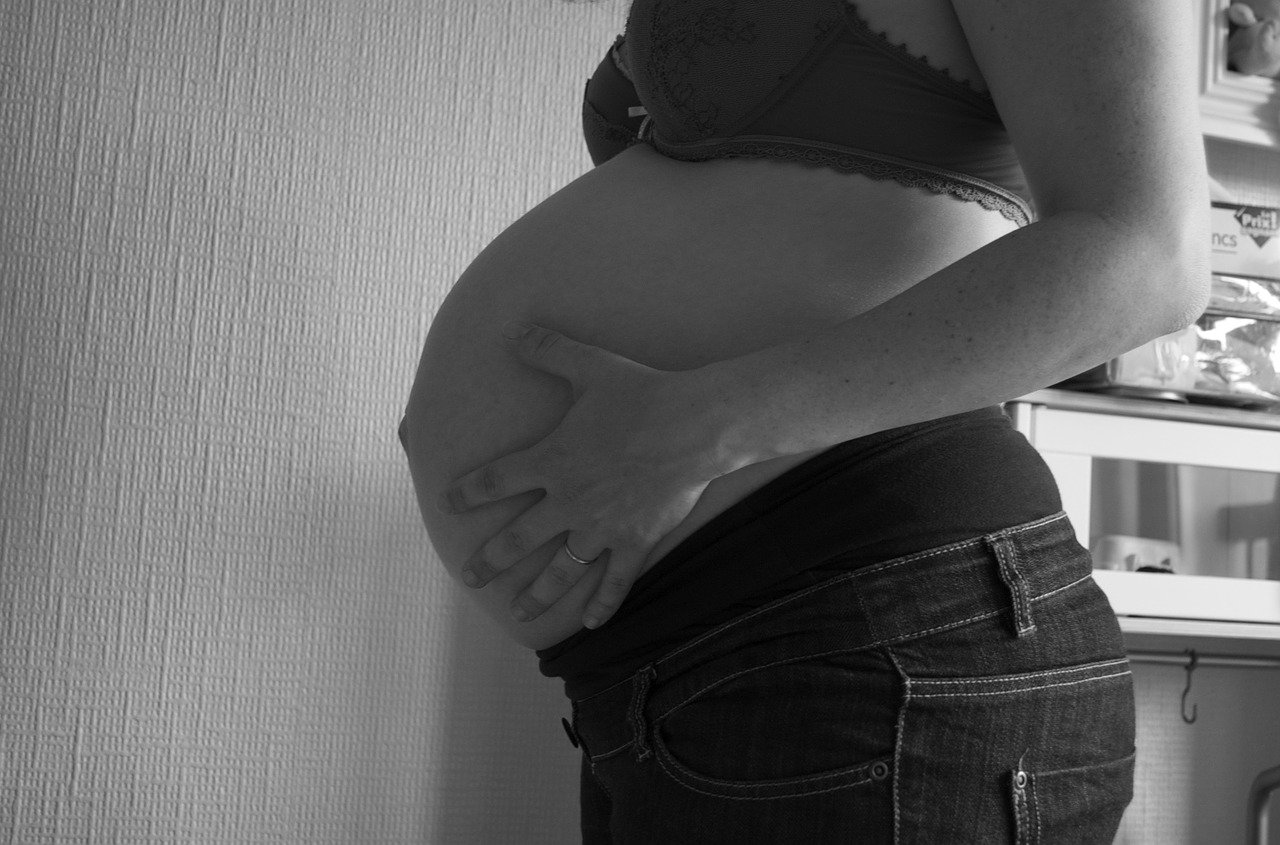In March 2019 researchers from Canada published their review of the medical scientific literature to assess the benefits of oral multivitamin/multimineral supplementation during pregnancy on maternal, foetal and infant health outcomes. A total of 20 studies, involving 141,849 women, were included in the review. Of these 20 studies, 19 compared multivitamin/multimineral supplementation with iron and folic acid to iron, with or without folic acid and one study compared multivitamin/multimineral supplementation with placebo. Results showed that there was moderate quality evidence that multivitamin/multimineral supplementation probably led to a slight reduction in preterm births and babies considered small-for-gestational age. There was also high quality evidence that multivitamin/multimineral supplementation reduced the number of newborn infants identified as low birthweight. Multivitamin/multimineral supplementation did not appear to have an important effect on neonatal mortality and made little or no difference with respect to maternal anaemia in the third trimester, maternal mortality, miscarriage, delivery via a caesarean section and congenital anomalies. However, multivitamin/multimineral supplementation did probably lead to a reduction in very preterm births. The researchers concluded by stating that their findings may provide some basis to guide the replacement of iron and folic acid supplements with multivitamin/multimineral supplements for pregnant women.
Keats EC et al. Multiple-micronutrient supplementation for women during pregnancy.Cochrane Database Syst Rev. 2019 Mar 14;3:CD004905.

